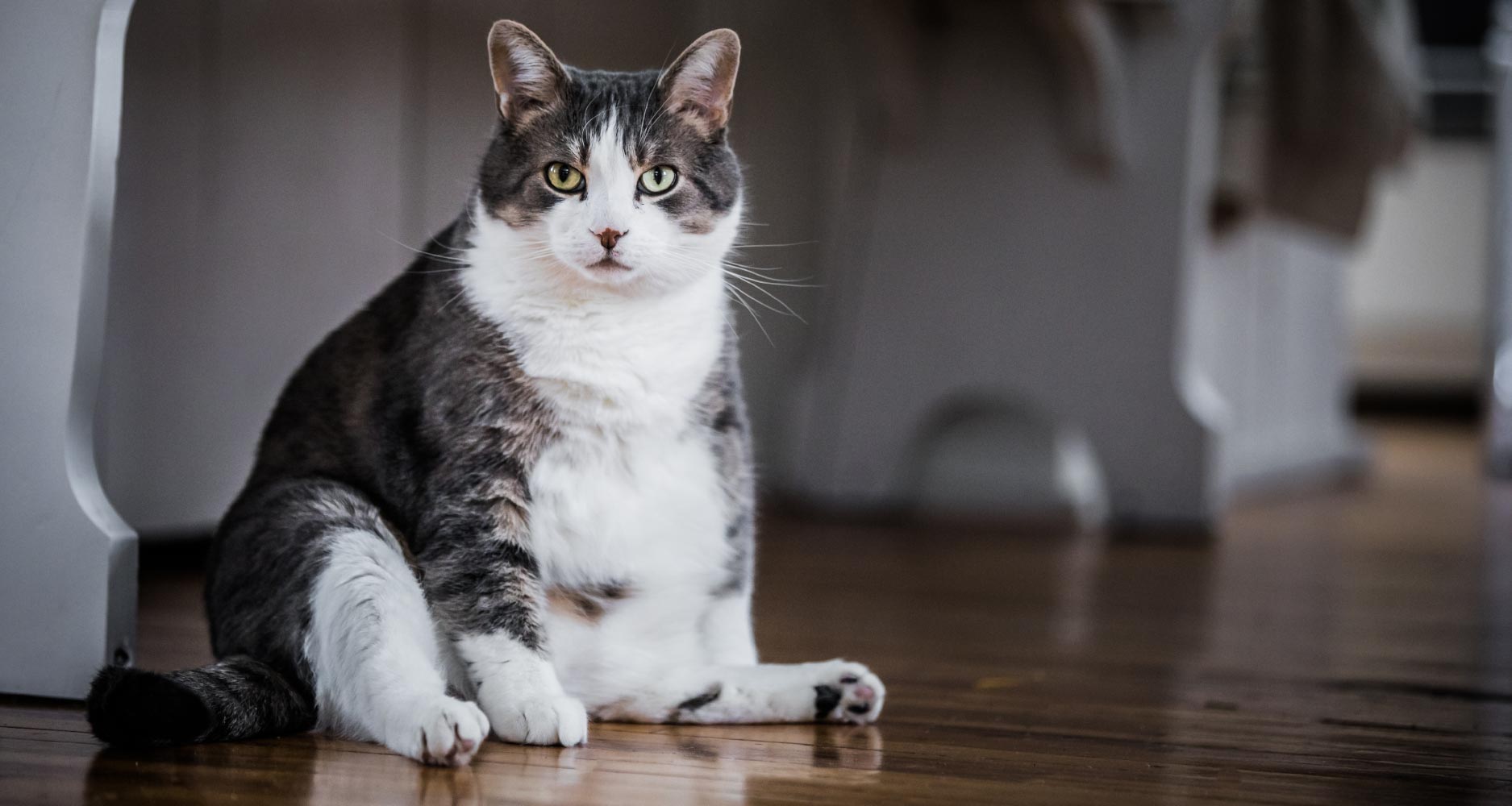HEALTH & WELLNESS

TRENDING

SIGN UP and Start Receiving
Our Monthly Newsletter,
The Chronicles
Why Cats Become Obese and What You Can Do About it

The number of overweight cats is increasing and this is leading to an increase in illnesses.
Life expectancy decreases as health risks such as the following rise:
- Sugar diabetes
- Lameness and arthritis
- Liver disease (life-threatening)
- Increased surgical and anaesthetic risk
- Skin problems (dry, flaky skin and/or feline acne)
- Decreased quality and length of life (normal routines become difficult; pain and irritability may increase)
WHY CATS BECOME OBESE
There are a few reasons why cats become overweight and eventually obese. One obvious reason is when they eat more calories than they can burn.
Also think about wild mammals in nature. They have to physically work for their food. But cats (and other pets) have a royal time as they get food without any effort. Some cats’ bowls even stay full, just in case they get hungry or the owner isn’t there to feed them. Hunting and gathering for humans and pets have practically gone out the window. Survival, in terms of available resources, is easy.
The difference between a human’s and a domesticated cat’s diet is the fact that we control what they eat, so it’s our responsibility to manage their intake (cats that hunt and eat extra at least burn some energy).
The conclusion? Humans are the main reason cats become obese.
Other reasons include:
- Age: generally cats aged between 2 and 12
- Low temperatures may increase calorie needs
- Medications that influence metabolism and appetite
- The type of food, amount available and how tasty it is
- Low activity levels: not burning all the calories consumed
- Multi-pet/multi-cat households may see cats competing for food
- Neutered and spayed cats: slower metabolism = fewer calories needed
- Stress and anxiety caused by their social environment may increase appetite
- Cushing’s disease can cause an increase in appetite and an increased deposition of fat
- Hypothyroidism influences metabolic rate, resulting in lower energy levels (it’s uncommon, but possible)
- Pituitary (master) gland and brain diseases cause changes in a cat’s metabolism, appetite and fat deposition
- The hypothalamus in the brain regulates appetite and abnormalities could cause an increased appetite, but it’s rare
It is uncertain whether breed and genetic factors play a role in weight gain.
Apart from weight loss programs, some diseases need to be managed (usually with medicines).
STEPS TO TAKE WHEN YOUR CAT IS OVERWEIGHT OR OBESE
What if your cat doesn’t eat a lot, but still picks up weight? Then it could be time for a visit to your veterinarian (and don’t wait for the yearly visit). Your vet will know which tests to run. Usually the following will be checked and documented.
- Weight
- Blood and urine
- Thyroid hormone levels
If there are no alarm bells going off, then it’s probably time to discuss a weight loss plan with a professional. This process will not be easy, but it is necessary if you want to improve your cat’s health. The goal is to safely reduce your cat’s weight and help him or her maintain that healthy weight.
Related Articles












